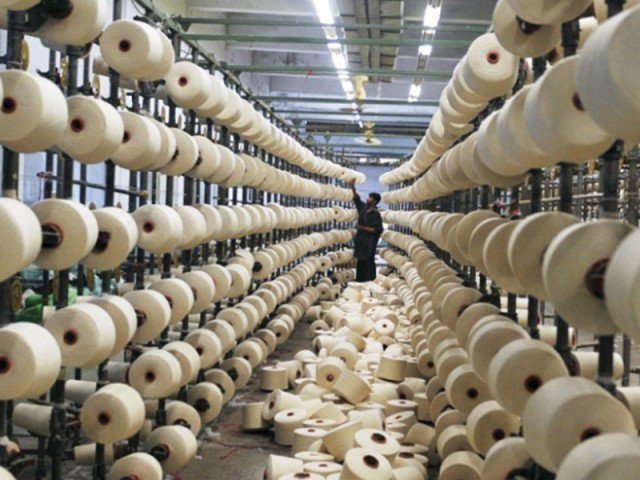Cotton ginners across the country have started an indefinite strike in response to new taxes and a significant increase in the power tariff for ginning units.
In a general body meeting held in Sukkur on Sunday, the Pakistan Cotton Ginners Association (PCGA) decided to immediately halt the procurement of raw cotton and the delivery of ginned lint to spinning units nationwide as a form of protest.
PCGA Chairman Chaudhry Waheed Arshad highlighted the financial difficulties faced by cotton ginners due to the existing 11 different types of taxes. He said that continuing the ginning business under these conditions was no longer viable.
The strike poses a new challenge for cotton growers, who are already shifting to alternative crops due to high production costs, poor yields, and low prices.
The halt in raw cotton purchases will negatively impact the market and delay payments to farmers, affecting their ability to settle debts and invest in the next crop.
Addressing the gathered ginners, Mr. Arshad announced the unanimous decision to stop the purchase of raw cotton immediately.
He emphasised that no white lint would be delivered to textile mills and no new cotton sale agreements would be signed until PCGA’s demands were met.
Mr. Arshad warned that the government would be held responsible for the strike’s impact on cotton growers, the ginning and textile sectors, and cotton exports.
Electricity charges for ginning factories have been set at Rs2,000 per kilowatt hour, resulting in a minimum monthly cost of Rs600,000, even for inactive factories.
Cotton Ginners Forum Chairman Ihsanul Haq pointed out that a 72% general sales tax (GST) has already been imposed on the ginning sector, and the PCGA has repeatedly requested a reduction.
He also criticised the proposal of an additional 10% GST on the sale of oil cake in the recent budget.
Market observers predict that a 15-day strike could decrease the raw cotton rate by at least Rs1,000 per 40kg from the current rate of around Rs9,500 per 40kg.
Delays will also harm the crop, as farmers lack proper storage techniques, potentially reducing lint quality due to heat and rain exposure.




